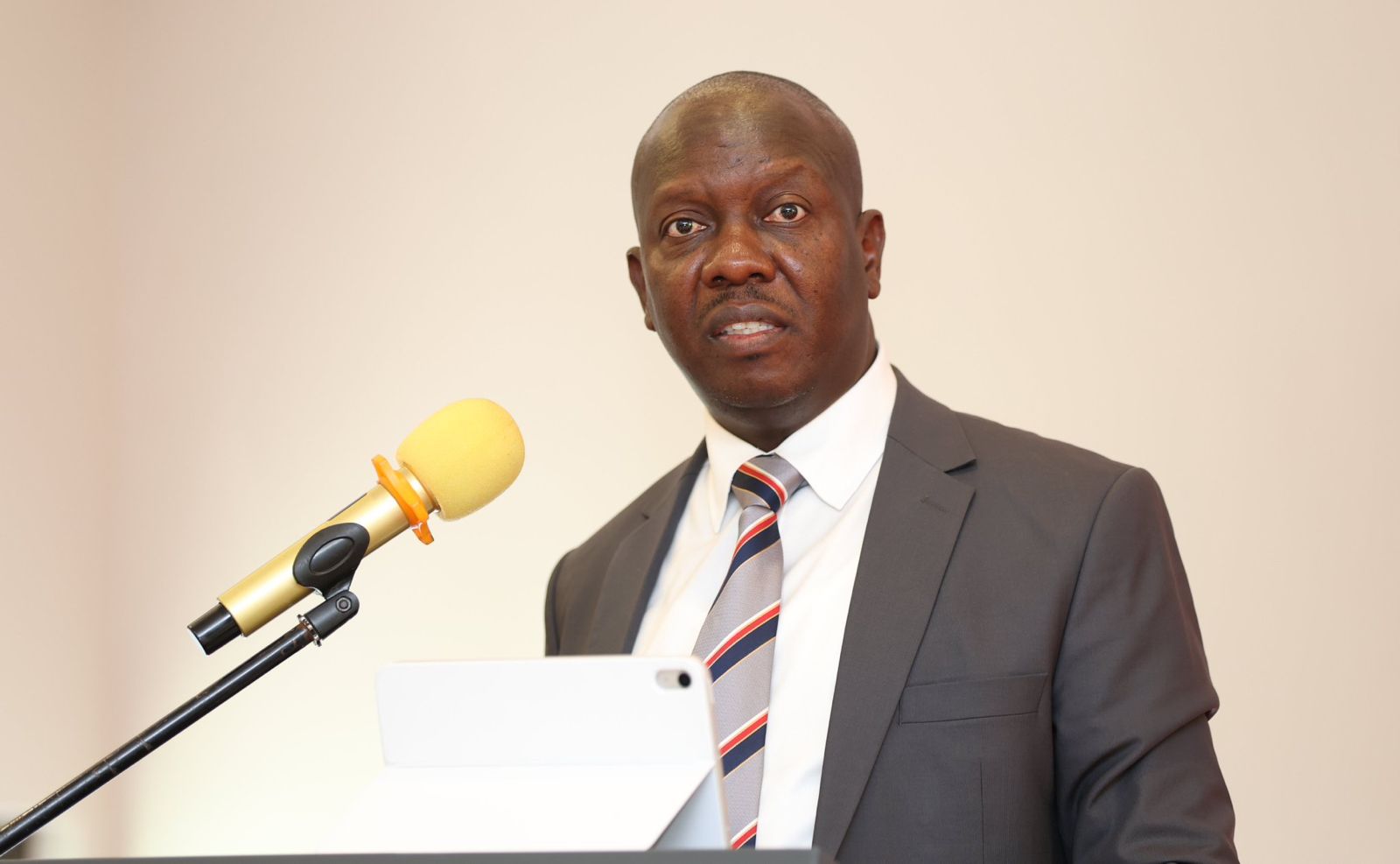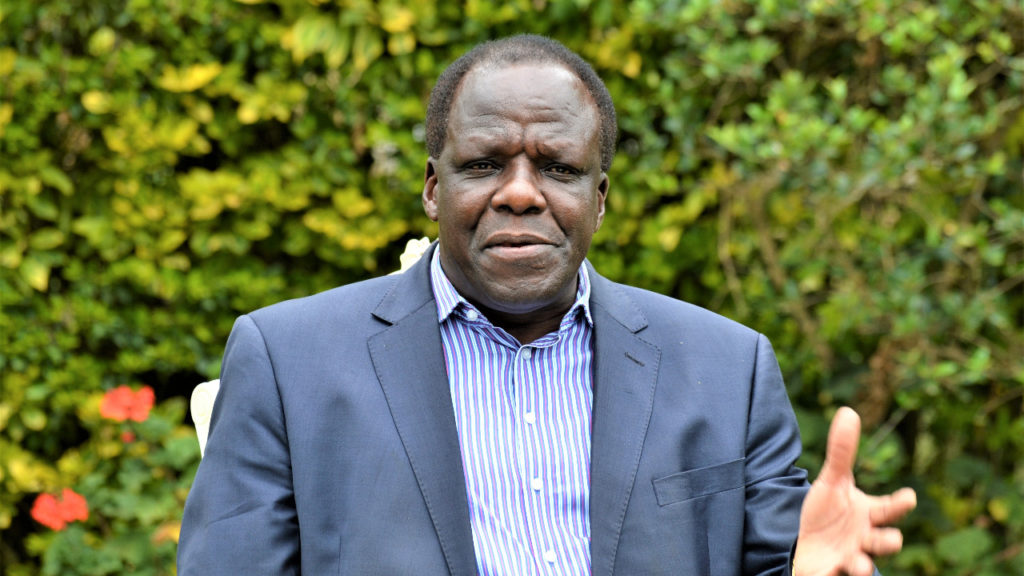The High Court in Nairobi has nullified a decision by the Office of the Director of Public Prosecutions (ODPP) to withdraw corruption charges against Cooperatives and MSMEs Development Cabinet Secretary Wycliffe Oparanya.
In a judgment delivered on Tuesday, September 16, Justice Benjamin Musyoki termed the move irregular and unconstitutional.
He ruled that the Director of Public Prosecutions (DPP) acted outside the confines of the law when he reviewed and later dropped the case against Oparanya
The case arose from a constitutional petition filed by activist Fredrick Mulaa, who challenged the ODPP’s July 8, 2024, decision to close the file against the former Kakamega governor despite earlier recommendations from the Ethics and Anti-Corruption Commission (EACC) to prosecute.
"A declaration is hereby issued that the 1st respondent’s decision to review its decision to charge the 1st interested party with the offences of conflict of interest, abuse of office, money laundering and conspiracy to commit an offence of corruption contained in its letter dated 8th of July 2024 is irregular and unconstitutional and therefore null and void.
Read More
"A writ of certiorari is hereby issued quashing the 1st respondent’s decision to review its decision to charge the 1st interested party with the offences of conflict of interest, abuse of office, money laundering and conspiracy to commit an offence of corruption contained in its letter dated the 8th of July 2024," Musyoki declared.

Musyoki also faulted the ODPP for considering fresh evidence submitted by Oparanya’s lawyers without involving the EACC, which had investigated the matter.
"The inevitable conclusion is that the 1st respondent usurped the powers of the 2nd interested party when it received alleged fresh evidence and unilaterally decided to review its decision to charge without reference to the 2nd interested party. It assumed powers it does not possess either in the Constitution or statute," he added.
Meanwhile, the court declined to grant prayers that sought to invalidate Oparanya’s appointment to the Cabinet, stating that the National Assembly had the mandate to vet nominees and the judiciary could not overturn that process without clear evidence of irregularity.
"In the case before me, the appointment of the interested party followed the constitutional process provided for in Article 152(2) of the Constitution and as I have stated before, without the benefit of seeing the reason advanced to clear him for the position, this court would be overstepping on the mandate of the executive if it were to allow prayer 'f' of the petition, yet the National Assembly is not a party to the petition," Musyoki observed.
Notably, this comes a year after EACC dismissed reports that it had refused to clear Oparanya for his nomination as Cabinet Secretary.
In a statement on August 3, 2024, EACC said it does not have the mandate to clear or var anyone from holding public office.
"The Commission has noted a false narrative being bandied around by a section of leaders that it 'refused to clear Hon. Wycliffe Oparanya for appointment as Cabinet Secretary.' This is not the true position.
"The Commission clarifies that in its role in the integrity vetting of candidates for public office under the current law, the Commission cannot clear or bar anyone from holding any office in the land. It is not within our mandate," read the statement in part.
EACC pointed out its role in vetting is to provide facts on record regarding the integrity status of each candidate as of the material date, without passing any judgment.
It noted that it had provided facts about other Cabinet nominees to Parliament adding that it will be the role of the National Assembly Appointments Committee to decide on what to do with the commission’s information.
"For more clarity, there is nowhere in our letter to the National Assembly where the Commission recommended that anybody should or should not be cleared or appointed," the statement added.




